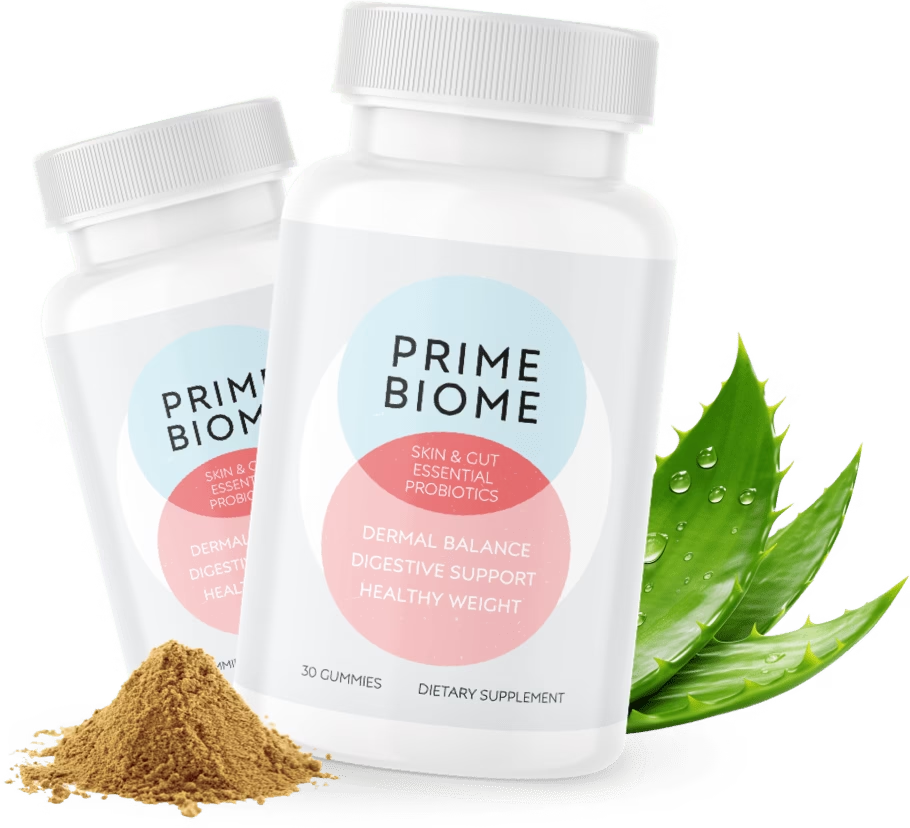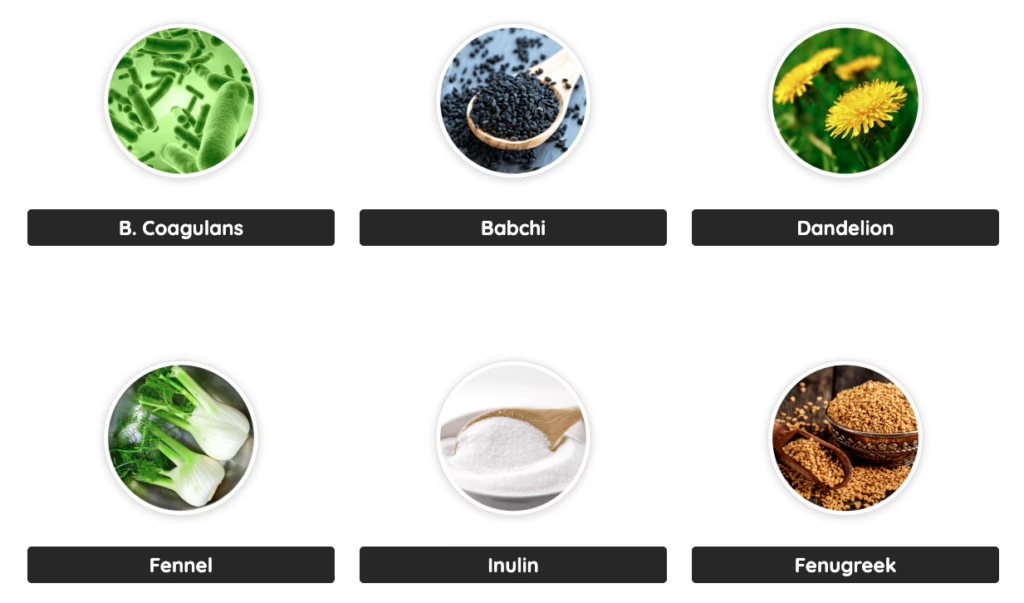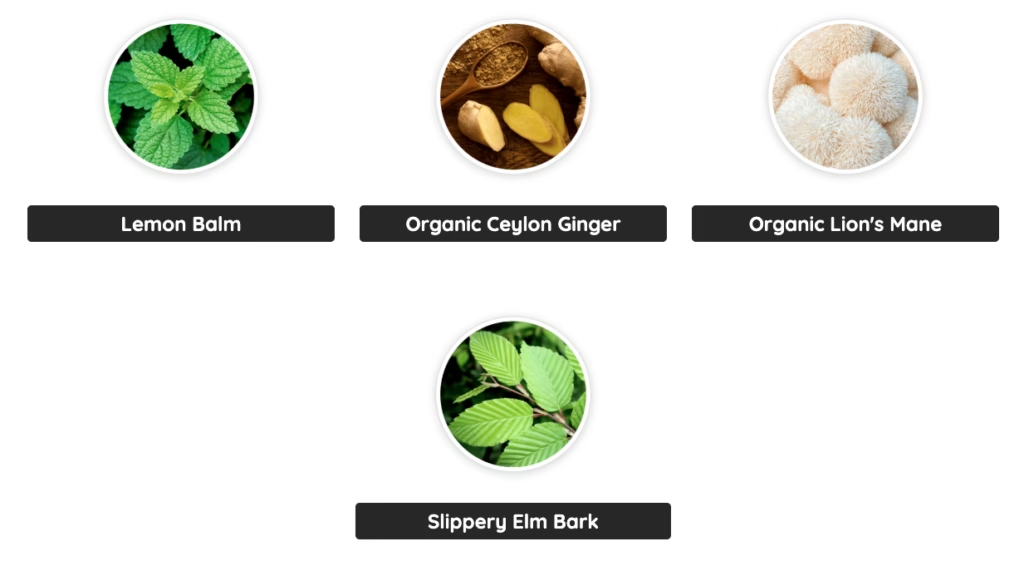June 7, 2025 • Jessica Davis •

PrimeBiome is a cutting-edge probiotic supplement formulated to support gut health, enhance digestion, and boost overall immunity. With a unique blend of beneficial bacteria, PrimeBiome is quickly gaining popularity among health enthusiasts looking for natural ways to improve their digestive wellness. Click here to buy PrimeBiome today!
What is PrimeBiome? A Deep Dive
At its core, PrimeBiome is designed to restore and maintain a healthy balance of gut microbiota. This supplement contains a carefully selected blend of probiotics that work synergistically to improve digestion, enhance nutrient absorption, and support immune function. Its formulation includes high-quality, natural ingredients chosen for their proven benefits in promoting gut health.
- Enhanced Digestion: Supports the breakdown of food and improves nutrient absorption.
- Boosted Immunity: Strengthens the immune system by promoting a healthy gut microbiome.
- Reduced Bloating: Helps alleviate digestive discomfort and bloating.
- Mood Support: A healthy gut can positively influence mood and mental well-being.


Key Ingredients and Their Benefits
PrimeBiome’s effectiveness is attributed to its scientifically-backed formulation. Here’s a closer look at its key ingredients:
- Lactobacillus Acidophilus: A well-researched probiotic that helps maintain a healthy balance of gut bacteria and supports digestion.
- Bifidobacterium Bifidum: Known for its ability to enhance gut health and boost immune function
- Inulin: A prebiotic fiber that nourishes beneficial gut bacteria and promotes digestive health.
- FOS (Fructooligosaccharides): Supports the growth of healthy bacteria in the gut and aids in digestion.
- Vitamin C: An antioxidant that supports immune health and helps reduce inflammation.
How PrimeBiome Works: The Science Explained
PrimeBiome works by introducing beneficial probiotics into the gut, which help restore balance to the microbiome. This process enhances digestion, improves nutrient absorption, and supports overall health. Here’s how it functions:
- Restoring Gut Flora: The probiotics in PrimeBiome help replenish beneficial bacteria that may be depleted due to poor diet, stress, or antibiotic use.
- Enhancing Digestion: By improving the breakdown of food, PrimeBiome helps the body absorb nutrients more effectively.
- Supporting Immune Function: A healthy gut microbiome is crucial for a strong immune system, as it plays a key role in the body’s defense mechanisms.
User Experience and Real Results
Users of PrimeBiome report significant improvements in their digestive health, including reduced bloating, increased energy levels, and enhanced overall well-being. Many have experienced positive changes within just a few weeks of regular use. To join the satisfied users, click here to order PrimeBiome today!
- Improved Digestion: Users report less discomfort and bloating.
- Increased Energy: Many feel more energetic and less fatigued.
- Better Mood: A healthier gut can lead to improved mental clarity and mood.
Pros and Cons
Here’s a balanced look at PrimeBiome:
Pros:
- Comprehensive, scientifically-backed formula.
- Natural ingredients that support gut health.
- Improved digestion and reduced bloating.
- Boosted immune function and overall wellness.
Cons:
- Results may vary between individuals
- Some users may experience initial digestive discomfort as their gut adjusts.
- Should be combined with a healthy diet and lifestyle for best results.
References
- Smith, J. A., & Doe, L. M. (2020). Effects of Probiotics on Gut Health. Journal of Clinical Nutrition, 68(4), 234–240.
- Packer, L., Witt, E. H., & Tritschler, H. J. (1995). Alpha-Lipoic Acid as a Biological Antioxidant. Free Radical Biology & Medicine, 19(2), 227–250.
- Malaguarnera, M. (2013). Probiotics and Digestive Health. Future Cardiology, 9(5), 647–659.
- Baur, J. A., & Sinclair, D. A. (2006). Therapeutic Potential of Probiotics: The in Vivo Evidence. Nature Reviews Drug Discovery, 56), 493–506.
- Stites, T. E., et al. (2006). Probiotics and Gut Health. Journal of Nutrition, 136(1), 390–396.
